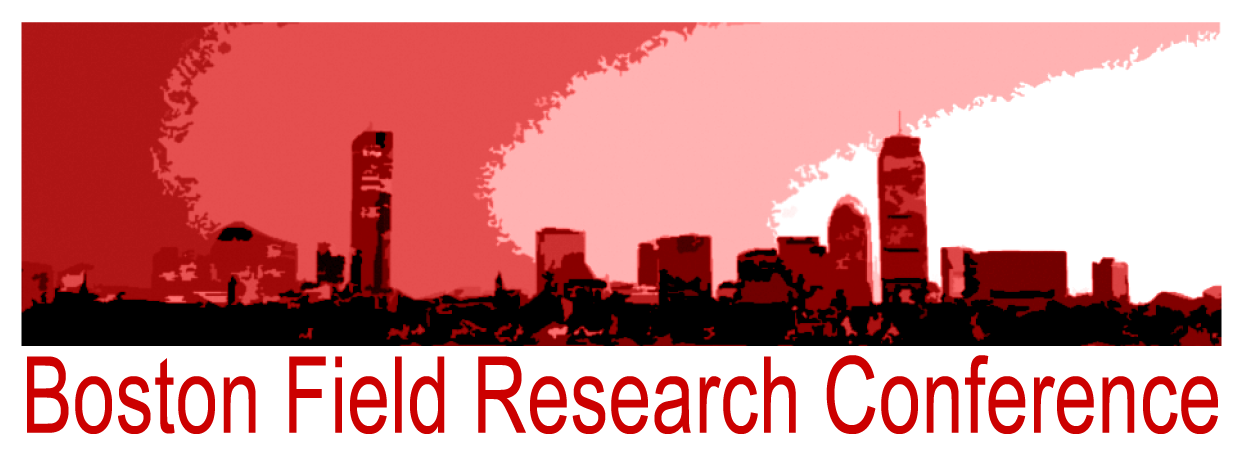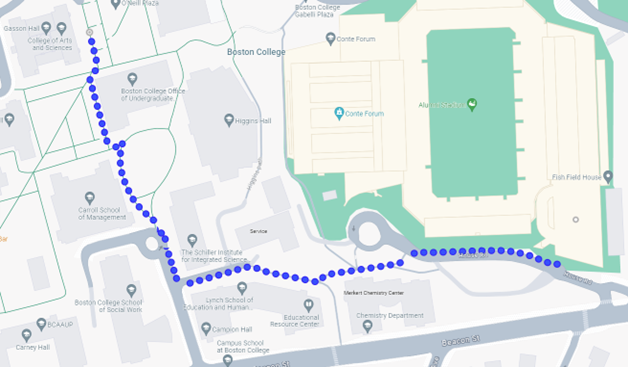PANELISTS
Mary Gray, Microsoft Research
Gray is a Senior Researcher at Microsoft and a Fellow at Harvard University’s Berkman Klein Center for Internet and Society. She maintains an appointment as Associate Professor of the Media School, with affiliations in American Studies, Anthropology, and Gender Studies at Indiana University. Mary studies people’s everyday uses of technologies, particularly among people with limited or marginalized access to digital media and the internet. She’s currently working with computer scientist Siddharth Suri to study the social impact of digital labor through the case of on-demand labor—small tasks sourced, scheduled, distributed and completed online, done in minutes for pennies a pop. Over the course of two years, their research team combined ethnography and computer science, to amass the largest data set about on-demand work ever collected. You can find their public papers and talks atwww.inthecrowd.org.
Melissa Valentine, Stanford University
Melissa Valentine is an Assistant Professor at Stanford University in the Management Science and Engineering Department, and co-director of the Center for Work, Technology, and Organization (WTO). WTO is a world leader in producing field research that uses direct observation of social phenomena to develop new understanding about the changing nature of work. Prof Valentine's research focuses on understanding work groups and teams in organizations, particularly how they are changing in response to new industry trends and new technologies. She conducts in-depth observational studies to develop new understanding about new forms of work groups and teams. Her work makes contributions to understanding classic and longstanding challenges in designing groups and organizations (e.g., the role of hierarchy, how to implement change, team stability vs. flexibility) but also brings in deep knowledge of how the rise of information technology has made possible new and different team and organizational forms.
David Platzer, Adobe
David Platzer is an ethnographer and user experience (UX) researcher with Adobe Systems. David holds a PhD in medical anthropology from Johns Hopkins University and experience conducting a wide variety of research projects with a global scope. His dissertation research, on autism, technology, and social design, took him to Ethiopia, India, and sites throughout Europe, and his work for the apparel brand Ann Taylor involved ethnographic research throughout the United States. In his work for Adobe he has utilized a variety of research methods including usability testing, ethnography, and other design research methodologies. His academic work on autism has extended to ongoing participation in the community. He is currently the lead facilitator of the Autism Job Club, in San Francisco, and sits on the board of trustees for Tech Kids Unlimited, in New York.
Nick Seaver, Tufts University
Nick Seaver is an assistant professor of anthropology at Tufts University. He studies how people who make technology deal with cultural materials. His current book project, Computing Taste, draws on several years of ethnographic research and interviews with US-based developers of algorithmic music recommender systems – services that model their users' taste. Where popular critical accounts presume that engineers inevitably misunderstand culture, he instead examines how they theorize about culture and technology – what they are and how they should interact. These theories can have broad consequences, as they shape the design and evolution of influential algorithmic systems. In his new research, he investigates the technocultural life of attention in the United States. Recently, attention and its technical mediations have become objects of great popular concern—filter bubbles, fake news, political distractions, and shortening attention spans are all blamed on technologies that have been designed to manipulate their users' attention.
PARKING
Limited parking is available at BU. Please contact Robert Flynn at rtflynn@bu.edu by May 25 to reserve a spot.










